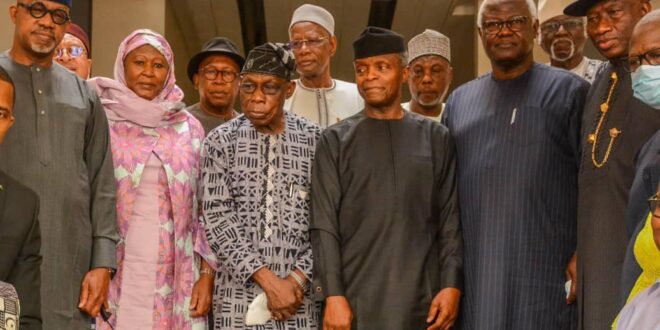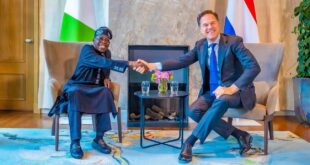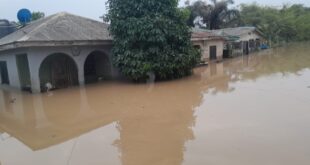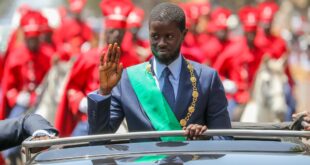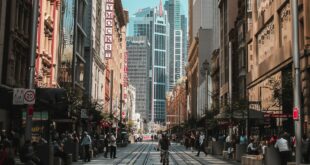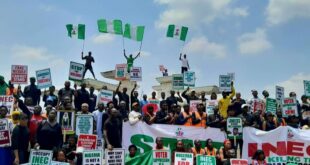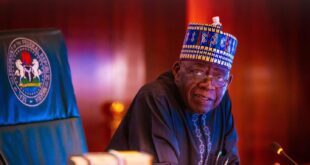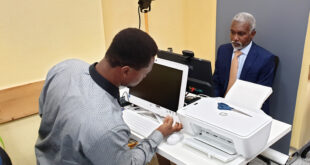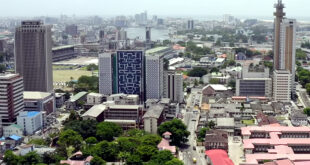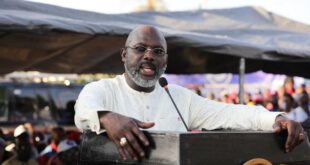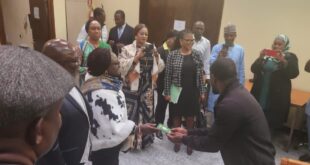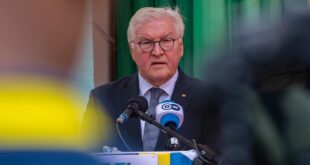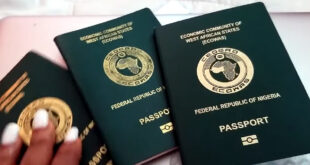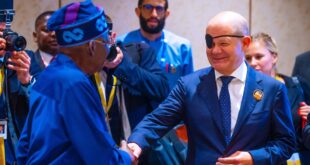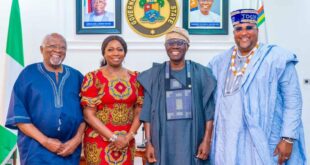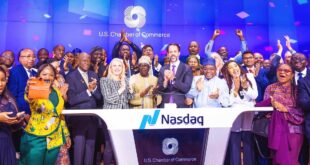Troubled by the increasing incidence of military takeover of power in Africa, former Nigerian leader Olusegun Obasanjo has convened a conference to deliberate on how to halt the trend and consolidate the democratic gains of the recent past in the continent. Nigeria’s vice president delivered a keynote address at the event, which took place in Abeokuta on Monday
—–
The Africa we want cannot be secured by turning back the hands of the democratic clock, according to Vice President Yemi Osinbajo of Nigeria. The continent’s ambition could only be achieved by addressing the basic problems of ill-health, malnutrition and illiteracy, among others, faced by its people, he opined.
Prof. Osinbajo stated this in a keynote address he delivered at a High-level Dialogue on West Africa, themed “Rising to the Challenge of Consolidating Democratic Governance”. The dialogue held in Abeokuta was organised by the Coalition for Dialogue on Africa (CoDA), which has former President Olusegun Obasanjo as Chairperson of its Board of Directors.
The Vice President, who is a legal scholar, said, “we cannot secure the Africa we want by turning back the hands of the democratic clock. We have walked these thorny roads before. We have many decades worth of bitter experience and the unimpeachable lesson of our history is that despotism cannot guarantee the security and prosperity for our people.”
Making reference to political situations in parts of West Africa, Osinbajo noted that “the recent spate of military interventions across our continent not only portends the risk of a damaging democratic recession, it takes us back to the cycles of extra-constitutional disruptions that plagued us decades ago and which we assumed to be part of a closed chapter of our journey.”
Prof. Osinbajo commended the recent actions of leaders across the continent, noting that “it is a testament to our democratic commitment in Africa that we have been united in condemning the toppling of elected governments in the region.”
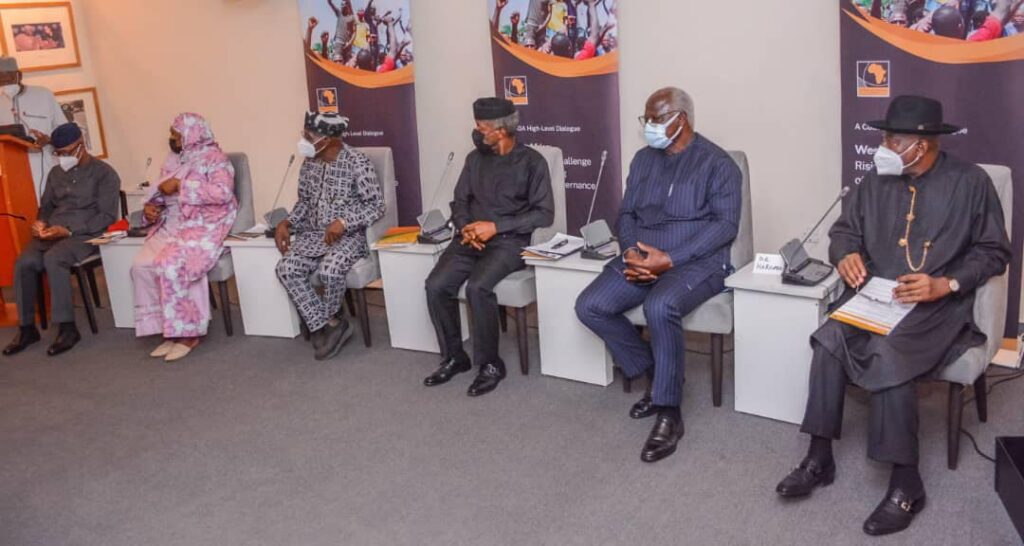
He said: “The immediate imposition of sanctions on extraconstitutional regimes by the Economic Community of West African States (ECOWAS) and the concurrence of the AU not only demonstrates our unity of purpose on this issue; it is an unequivocal affirmation of a pan-African consensus on democratic norms.
“Yet we must also acknowledge a criticism that has been levelled against our responses thus far. One highlighting a mismatch between our immediate and uncompromising condemnations of military regimes and our relatively lukewarm reproaches to elected governments that fail to act in ways consistent with democratic values.”
The vice president then noted that “the progress of our democracies on this continent must therefore be pursued in terms of the struggle to address the basic problems of ill-health, malnutrition, illiteracy, and famine which daily afflict our people. Where social and economic rights are unsecured, people are unable to fully maximize their civil and political rights. For instance, access to qualitative education enhances and enriches the freedoms of expression, thought and conscience.”
“Conversely, pervasive illiteracy can nullify the freedom of the press. In the progressive vision, political rights and socioeconomic rights are mutually reinforcing. In any event, the fulfilment of the social contract is the enduring value proposition of democracy,” Prof. Osinbajo added.
Osinbajo however noted that despite the present challenges “this is also a moment of opportunity – one in which we can reflect on our democratic progress, strengthen our institutions, deliver on socio economic development and deepen our commitment to building successful democratic states.”
The two-day event, which kicked off on Monday, is part of the ongoing efforts across the African continent to contain the threats to democracy in the region.
Other West African leaders at the programme included a former Vice President of Gambia, Fatoumata Tambajanb, and former President of Sierra Leone, Ernest Bai Koroma.
In his remarks at the opening session, Obasanjo said that in recent years, West Africa had witnessed a return of coup d’etat, election fraud and political violence.
He said that the development had resulted in instability and threat to developmental gains, that the sub-region had made in the last couple of decades.
Obasanjo said that the state of democracy in West Africa and indeed in Africa required urgent attention.
“I feel very sad and it gives me great concern when I see the democratic system we have painfully built collapsing.
“And, I believe there must be a solution because the problem is human and all human problems can be solved by human beings.
“That is why the Coalition for Dialogue on Africa under my Chairmanship, has brought all of us together today.
“This is to discuss pertinent issues affecting governance in West Africa, including the challenges and then to seek the way forward,” he said.
Other dignitaries at the event included former President of Nigeria, H.E. Goodluck Jonathan, among others.
Kola Tella
 THE AFRICAN COURIER. Reporting Africa and its Diaspora! The African Courier is an international magazine published in Germany to report on Africa and the Diaspora African experience. The first issue of the bimonthly magazine appeared on the newsstands on 15 February 1998. The African Courier is a communication forum for European-African political, economic and cultural exchanges, and a voice for Africa in Europe.
THE AFRICAN COURIER. Reporting Africa and its Diaspora! The African Courier is an international magazine published in Germany to report on Africa and the Diaspora African experience. The first issue of the bimonthly magazine appeared on the newsstands on 15 February 1998. The African Courier is a communication forum for European-African political, economic and cultural exchanges, and a voice for Africa in Europe.

